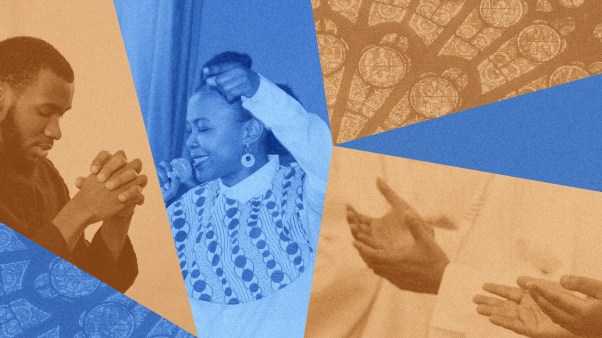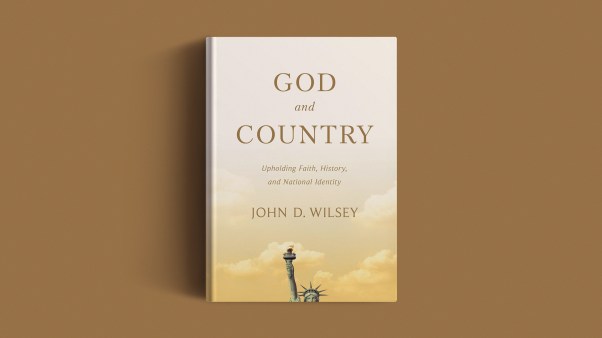Spirited music wafts from an encampment of travel trailers and tents outside a village in the south of France, filling the summer night with the sounds of worship. It’s Tuesday night, and the Gypsies are having a worship service, just as they did the night before and will the following night.
Around the world, Gypsies are finding a new reason to sing. A revival that began in France in the early 1950s continues unabated, reaching now throughout all of Europe and into India, Latin America, and North America.
Today, according to John Le Cossec, founder and international secretary of the Evangelical Gypsy Mission, some 200,000 Europeans are members of the Gypsy Evangelical Church (GEC). Thousands more in other countries have become Christians in the last three decades. The GEC in France, 70,000 strong, is one of the country’s largest evangelical denominations. The Gypsy church in Spain is larger than any other Protestant denomination. In Latin America, one of the newer fields for Gypsy mission work, hundreds are converted every month.
Le Cossec, an Assemblies of God pastor, established the first Gypsy church. Rejecting the traditional approach toward the nomadic people, which regarded their lifestyle as unsuitable for Christians, Le Cossec encouraged Gypsies not to be Christians instead of Gypsies, but to become Christian Gypsies. As a result, their nomadic lifestyle has proved an asset in the evangelization not only of other Gypsies, but also of people in communities through which they travel.
A strong vision for missions has led to the conversion of Gypsies throughout Europe and overseas. For example, India counts 36 Gypsy churches, ten children’s homes, and a Bible school. A key to the rapid spread of the gospel has been the frequent occurrence of miracles, which Le Cossec attributes to the simple, childlike faith of the Gypsies. Healings are commonplace, he notes, and dramatic healings have often preceded the introduction of the gospel in a new area.
An emphasis on indigenous ministry has produced a strong church, says Le Cossec. From the church’s earliest days, pastors were appointed from within the Gypsy community. Some leaders have attended non-Gypsy Bible schools; lay preachers receive training in a “Bible school on wheels.” A Gypsy Bible school in France now has 121 students; India’s school has 26 students. But training has not been easy. Illiteracy is high—80 to 95 percent. And the itinerant lifestyle makes it difficult for leaders to receive consistent instruction.
In recent years, however, Gypsies have become increasingly integrated into the larger societies, on whose edges they traditionally have floated. As they settle down, they often lose their cultural identity and the close-knit relationships that characterize Gypsy society. Yet, at the same time, they become easier to disciple. So churches in countries such as Spain, where Gypsies lead more sedentary lifestyles, are thriving.
A new mission field has opened with the removal of the barriers to reaching Eastern Europe, where two-thirds of Europe’s Gypsies live. Already outreach has begun. In Romania, home to an estimated 2.5 million beleaguered Gypsies, 4,000 attended June evangelistic meetings.
Only a minuscule percentage of Gypsies in Eastern Europe are converted, says Bob van de Pijpekamp, managing director of Euromission, a Holland-based mission agency that cooperates with the Evangelical Gypsy Mission for outreach in Eastern Europe and the Balkans. The challenge is multiplied by the fact that millions of Gypsies are on the move, fleeing persecution in many countries.
Nevertheless, Le Cossec says, a new generation of young people raised in the church is preparing now for ministry. And they expect good response to the Christian message.
“Gypsies are very open to the gospel,” says van de Pijpekamp. “Whole families convert at once.” And regardless of whether they are wandering through the countryside or settling down in society, he says, “Gypsies are very good evangelists.”
By Sharon E. Mumper.










